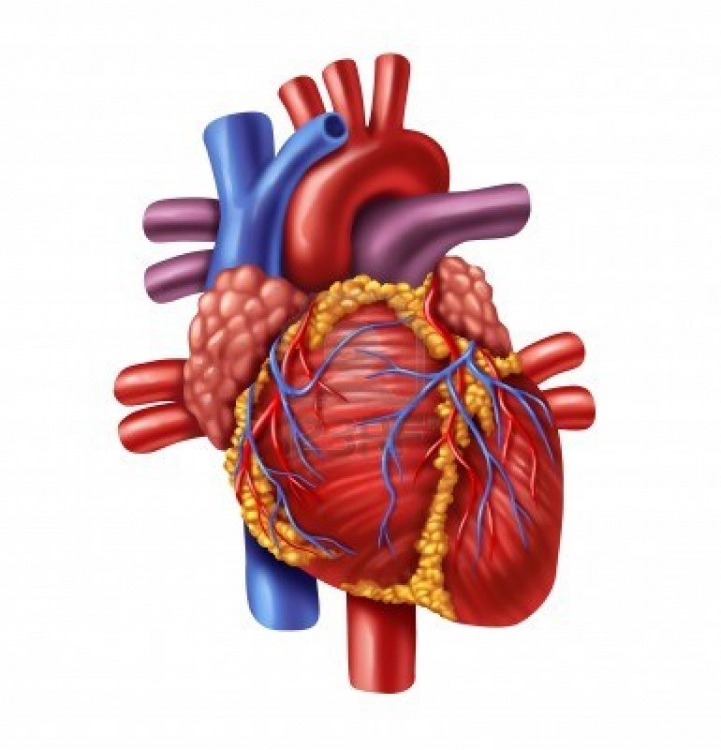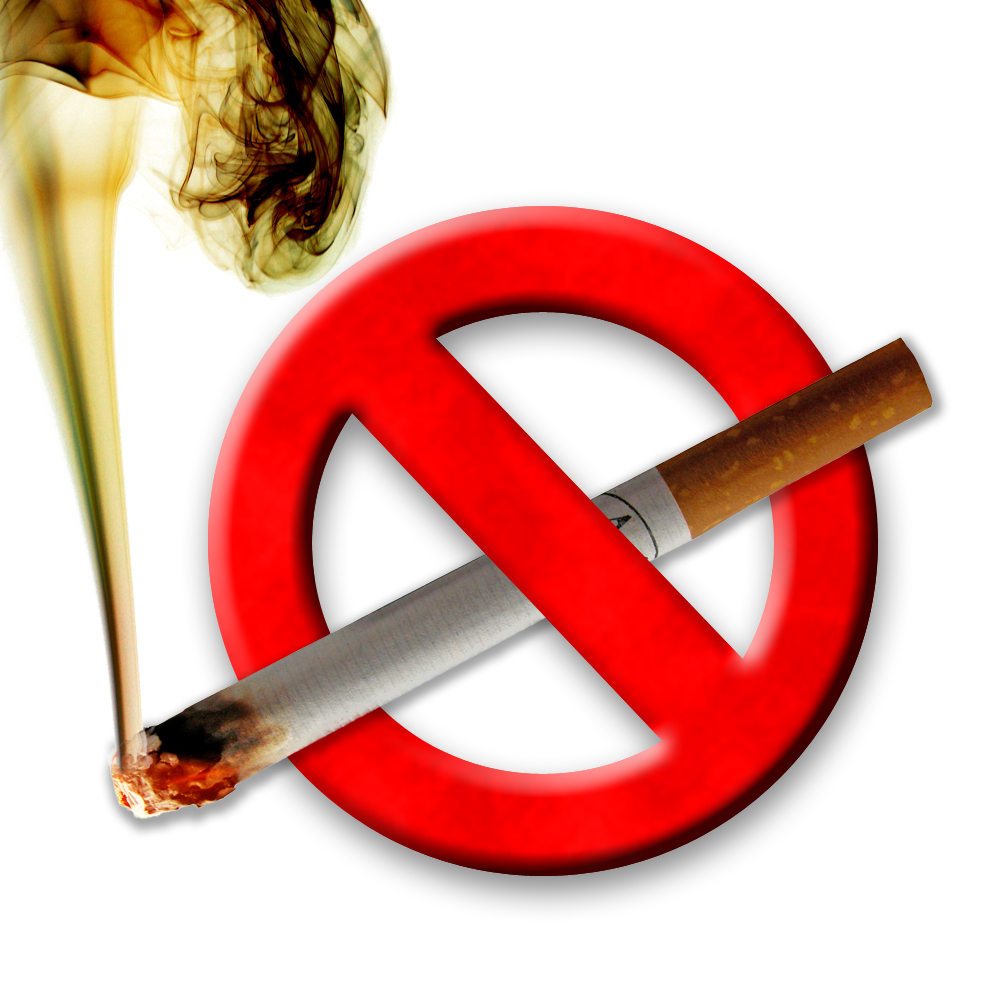
QUEZON City, Philippines (February 17) – This February, we celebrate National Heart Month, reminding the public to take good care of their heart through healthy lifestyle, nutrition and exercise. Heart Month, which is observed in many countries, aims to promote heart disease awareness and address the most common prevalent forms of cardio-vascular diseases, particularly coronary artery disease.
Keeping your heart healthy, whatever your age, is the most important thing you can do to help prevent and manage heart disease. So, we will give some tips on what you can do to prevent heart Disease for ages 20’s,30’s,40’s,50’s and up.

In your 20’s, the things you can do are:
- Find a doctor and have regular wellness exams. Healthy people need doctors, too.
- Be physically active. It’s a lot easier to be active and stay active if you start at a young age.. Keep your workout routine interesting by mixing it up and finding new motivators.
- Don’t smoke and avoid secondhand smoke. If you picked up smoking as a teen, it’s time to quit smoking. Even exposure to secondhand smoke poses a serious health hazard.

In your 30’s, juggling family and career leaves many adults with little time to worry about their hearts. You have to balance all three.
- Make heart-healthy living a family affair. Create and sustain heart-healthy habits in your kids and you’ll reap the benefits, too.
- Know your family history. Having a relative with heart disease increases your risk, and more so if the relative is a parent or sibling. Also, keep your doctor informed about any heart problems in your family.
- Tame your stress. Learning stress management techniques not only benefits your body, but also your quality of life.

During your 40’s, If heart health hasn’t been a priority, don’t worry. Healthy choices you make now can strengthen your heart for the long haul. Understand why you need to make a lifestyle change and have the confidence to make it.
- Watch your weight. You may notice your metabolism slowing down in your 40’s. But you can avoid weight gain by following a heart-healthy diet and getting plenty of exercise, find a workout routine you enjoy.
- Have your blood sugar level checked. In addition to blood pressure checks and other heart-health screenings, you should have a fasting blood glucose test by the time you’re 45.
- Don’t brush off snoring, one in five adults has at least mild sleep apnea, a condition that causes pauses in breathing during sleep. If not properly treated, sleep apnea can contribute to high blood pressure, heart disease and stroke.

During the age 50’s and up, unlike the emergence of wrinkles and gray hair, what you can’t see as you get older is the impact aging has on your heart. So starting in the 50s, you need to take extra steps.
- Eat a healthy diet. It’s easy to slip into some unhealthy eating habits, so refresh your eating habits by eating plenty of fruits and vegetables, fiber-rich whole grains, fish , nuts, legumes and seeds and try eating some meals without meat.
- Learn the warning signs of a heart attack and stroke. Now is the time to get savvy about symptoms. heart attack symptoms in women can be different than men.
- Follow your treatment plan. By now, you may have been diagnosed with high blood pressure, high cholesterol, diabetes or other conditions that increase your risk for heart disease or stroke. Lower your risk by following your prescribed treatment plan, including medications and lifestyle and diet changes.
It just proves that staying fit and healthy is a wise investment, one that keeps you young. It’s going to benefit you as you age. So, this Heart Month show your love to your loved ones by encouraging them to do the tips mentioned above to prevent them from increasing risk for heart disease. So you can help them live longer and better.
Reference: http://www.heart.org/HEARTORG/HealthyLiving/How-to-Help-Prevent-Heart-Disease—At-Any-Age_UCM_442925_Article.jsp#.VrlcWxh941g
(written by Mia Caragay, edited by Jay Paul Carlos, additional research by Lovely Ann Cruz)







